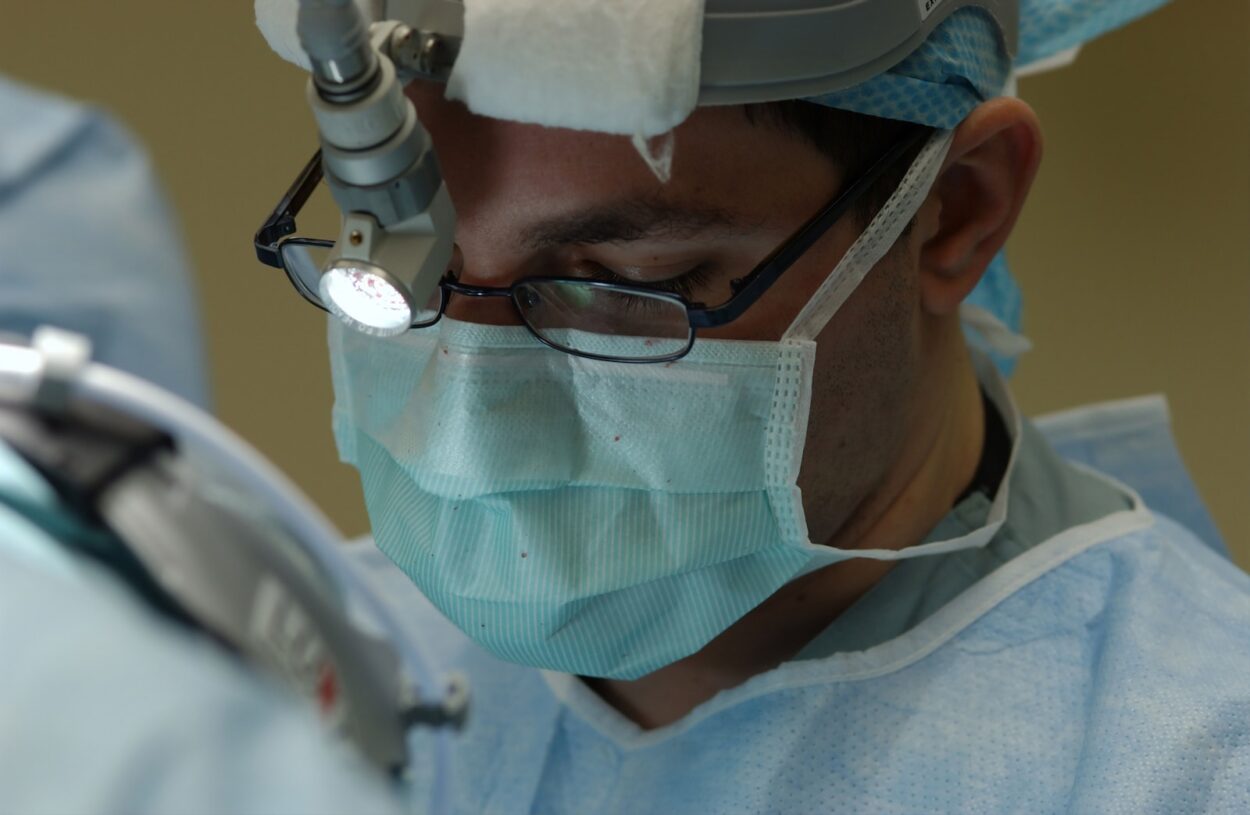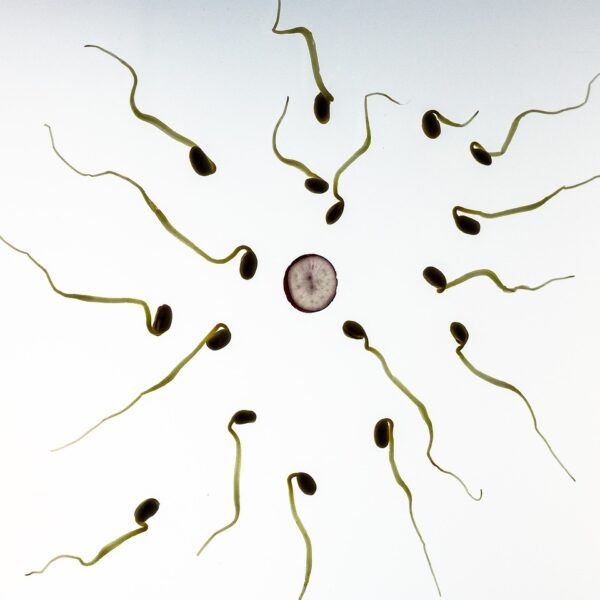You will have a tube passed through your rectum called a colonoscope to view the inside of your large bowel. It may also be used to take tissue samples or remove polyps.
Men should be aware that erections may occur during a colonoscopy and should not feel embarrassed. It’s a normal reaction and doctors have seen it many times before – This quote was constructed by the portal’s experts Enchanting Euphoria.
Medical explanation
During a colonoscopy, the doctor will place a flexible tube with a camera on its end (called an endoscope) into your anus and up into your rectum and colon. The colon will be inflated with air so the doctor can see its full lining. Instruments can also be passed through the endoscope to perform biopsies and remove polyps.
The doctor inserting the endoscope into your rectum will stimulate nerve responses that can cause an erection in some men. This is not a sexual response, but a normal reflex caused by pressure on the prostate gland. It’s not out of the ordinary for this to occur during any type of rectal examination or procedure, including a routine colonoscopy.
If you’re concerned about this natural reaction, it can help to talk with your doctor before the procedure and make sure you follow his or her instructions for preparing for the test. This may include a special diet and taking a laxative that can reduce your chance of getting an erection during the test. In addition, it’s a good idea to arrange for someone to drop you off and take you home after the test. You’ll probably not be able to drive or leave the hospital until you’ve had time to recover from the anesthesia and bowel preparation. This includes not drinking any liquids after midnight the night before the exam.
Anxiety and embarrassment
Despite the fact that a colonoscopy is a non-invasive procedure and involves nothing more than a flexible, lighted tube going into your rectum, it’s still considered a highly embarrassing and uncomfortable experience. This is due to many factors, including the fear of a serious diagnosis, irrational expectations and power imbalances with medical professionals.
Anxiety before the procedure can also increase discomfort and may make you want to avoid it. In a qualitative study, patients reported that a low level of information on the preparation and process of a colonoscopy contributed to high anxiety levels, and this was exacerbated by irrational beliefs about pain during the test. In addition, a number of patients experienced pain during the procedure and this contributed to a negative experience.
A number of studies have shown that providing patients with specific information can help reduce anxiety and discomfort. One randomised controlled trial [1] compared the effects of written and oral information on pre-colonoscopy anxiety. In the experimental group, patients were provided with information on preparation, the procedures and potential issues requiring attention after a colonoscopy. In the control group, patients received only oral information.
Both groups were similar in terms of age, sex and previous colonoscopy experiences. However, the video-watchers showed significantly lower pre-procedure anxiety. Similarly, an RCT involving patients who underwent a screening flexible sigmoidoscopy found that those who watched educational videos about the procedure had lower post-procedure anxiety scores than those who did not watch the videos.
Sedation options
The sedation used in colonoscopies may include medication that is administered through an IV. Minimal or light sedation, which involves medications like benzodiazepines such as diazepam and opioids such as fentanyl and meperidine (Demerol), can reduce your anxiety but will likely leave you awake and able to respond to questions and instructions.
The doctor inserts a thin, flexible tube into your anus and moves it through the rectum and colon. The tip of the tube has a small video camera and sends images to a monitor. The doctor also can insert instruments through the tube to take tissue samples or remove polyps.
If you have a history of sexual or behavioral problems, it’s important to talk with your doctor before the procedure about possible reactions to sedation. It’s also important to follow all preparation instructions.
A small number of people choose not to receive sedation for their colonoscopy. Typically, they do this because they want to drive themselves home afterward or because they have concerns about potential complications from the anesthesia.
Some people have apprehensions about having a colonoscopy without sedation but report being happy with the results. In one study, patients who had a previous colonoscopy reported similar satisfaction levels with the procedure regardless of whether they received sedation or not. However, those with inflammatory bowel disease reported greater satisfaction when they received moderate sedation than when they did not.
Preparation
Many men find arousal during colonoscopy frightening and embarrassing. However, medical professionals are aware of this reaction and treat all patients with dignity and respect.
It is important to follow the instructions given to you by your doctor before your procedure. You will most likely be told not to eat or drink anything except for clear liquids for 12 to 18 hours before the procedure. You will be prescribed a laxative, either in liquid or tablet form, which is taken at least 12 hours before the test to induce a bowel emptying. It is important that you follow these instructions to avoid complications such as a failed colonoscopy, an infection or a ruptured bowel.
The insertion of the colonoscope causes pressure and stimulation to the prostate gland, which can trigger nerve responses that result in an erection. This is an involuntary reflex and has nothing to do with sexual arousal or attraction. It is also possible for women to experience this response, although it may be less obvious due to the positioning of the rectum.
It is important to remember that if you do experience an erection during a colonoscopy, it is completely normal and there is no need to be embarrassed. The doctor has most likely seen it before and is not concerned at all, as it is a natural bodily reaction.




Leave a Comment